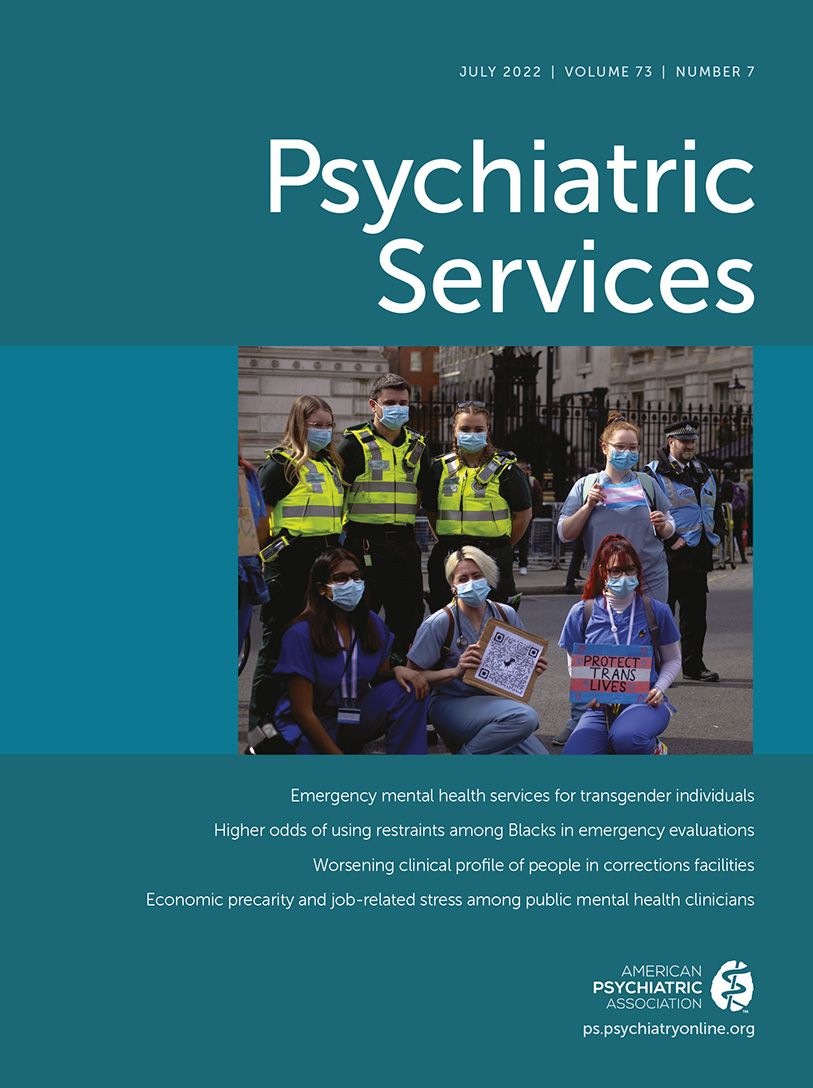Heeding the Call of an Innovative Paradigm for Mental Health Interventions in Low- and Middle-income Countries
Abstract
The provision of mental health care for people living in low- and middle-income countries presents a particularly complex problem because of fractured service availability and provision, widespread stigma associated with mental illness, and the economic burden inherent in conventional mental health service delivery. People with serious mental illness in these settings are among the most marginalized in their societies and are at risk of becoming increasingly powerless in the face of top-down, service-oriented systems. Innovative intersectoral approaches that are based on asset development and entrepreneurism and that embrace the power of peer-driven networks hold promise to effect transformative and meaningful change.



